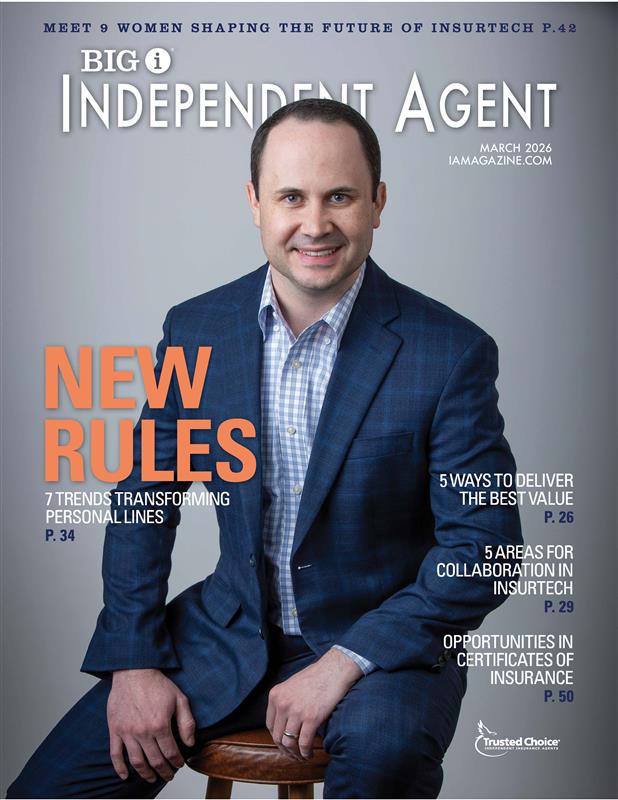10 E&O Loss Control Tips for New Insurance Agents
By: Julie Carter
The decision to become an insurance agent can be the beginning of a fulfilling and lucrative career. But it’s imperative to know the basics as a new insurance professional.
Here are 10 suggestions for new agents that can help reduce your errors & omissions exposure:
1) Know the marketplace. Take the time to learn the products you are selling, the coverage differences between those products, and what your competitors are up to. The more you stay on top of what is happening in the industry, the better you are able to provide a high level of customer service to your clients and ensure success in marketing new business.
2) Know the standard of care in the state(s) where you are licensed. Understand your legal duties to your customers. Is your state an “order-taker” state? Do you have a duty to proactively advise customers of exposures and the need for specific coverages? What is a “special relationship”?
An awareness of your state’s basic laws can prevent claims of negligence in the future.
3) Listen to your customer. Being a good listener is an underrated skill in the business world. It not only helps you avoid errors in coverage placement, but also shows your customer that you care about them and their insurance needs.
4) Properly assess the risk. Listening carefully to the insurance needs of your client is the first step in obtaining proper coverage. Additional investigation, such as viewing the risk that is to be insured, may be advisable, if not required. Understand the insured’s personal needs and/or the type of business they operate.
5) Document everything. Documenting your file with emails, documents received, calls made and more is one of the simplest yet most overlooked steps for E&O loss control. Many E&O claims can be dismissed based on a single document that proves an otherwise problematic claim to be baseless.
6) Review the policy. Upon issuance, review your client’s policy for errors in coverage, limits, typos and more. Insureds usually have a “duty to read” their policies, but they seldom do. The expectation is for the agent to make sure everything is correct.
7) Continue your education as an insurance professional. All 50 states require insurance agents to be licensed, with requirements varying by state. But don’t stop there. Continuing to pursue a variety of professional designations can do nothing but enhance your skills as an agent and boost your reputation in the community.
8) Use caution in email correspondence. This applies to both external and internal emails. Always be thorough and professional. Remind yourself that everything you write and send could be used as an exhibit in a courtroom someday.
9) Never assure your client that “everything will be covered.” Filing a claim can be a stressful time for both the insured and the agent. It’s natural to want to assure customers that “everything will be OK.”
Assist customers with reporting their claims, but refrain from taking a stance on coverage opinions. This is the carrier’s responsibility.
10) Be responsible with website content. If you are responsible for a website for your agency or an agency where you work, be careful about your use of language. Holding yourself out as a specialist in particular coverages can be misleading to customers and result in errors in risk assessment. Websites can be used to your disadvantage in defending a claim.
Julie Carter is an assistant vice president, claims specialist with Swiss Re Corporate Solutions and works out of the office in Kansas City, Missouri. Insurance products underwritten by Westport Insurance Corporation, Kansas City, Missouri, a member of Swiss Re.
This article is intended to be used for general informational purposes only and is not to be relied upon or used for any particular purpose. Swiss Re shall not be held responsible in any way for, and specifically disclaims any liability arising out of or in any way connected to, reliance on or use of any of the information contained or referenced in this article.
The information contained or referenced in this article is not intended to constitute and should not be considered legal, accounting or professional advice, nor shall it serve as a substitute for the recipient obtaining such advice.










